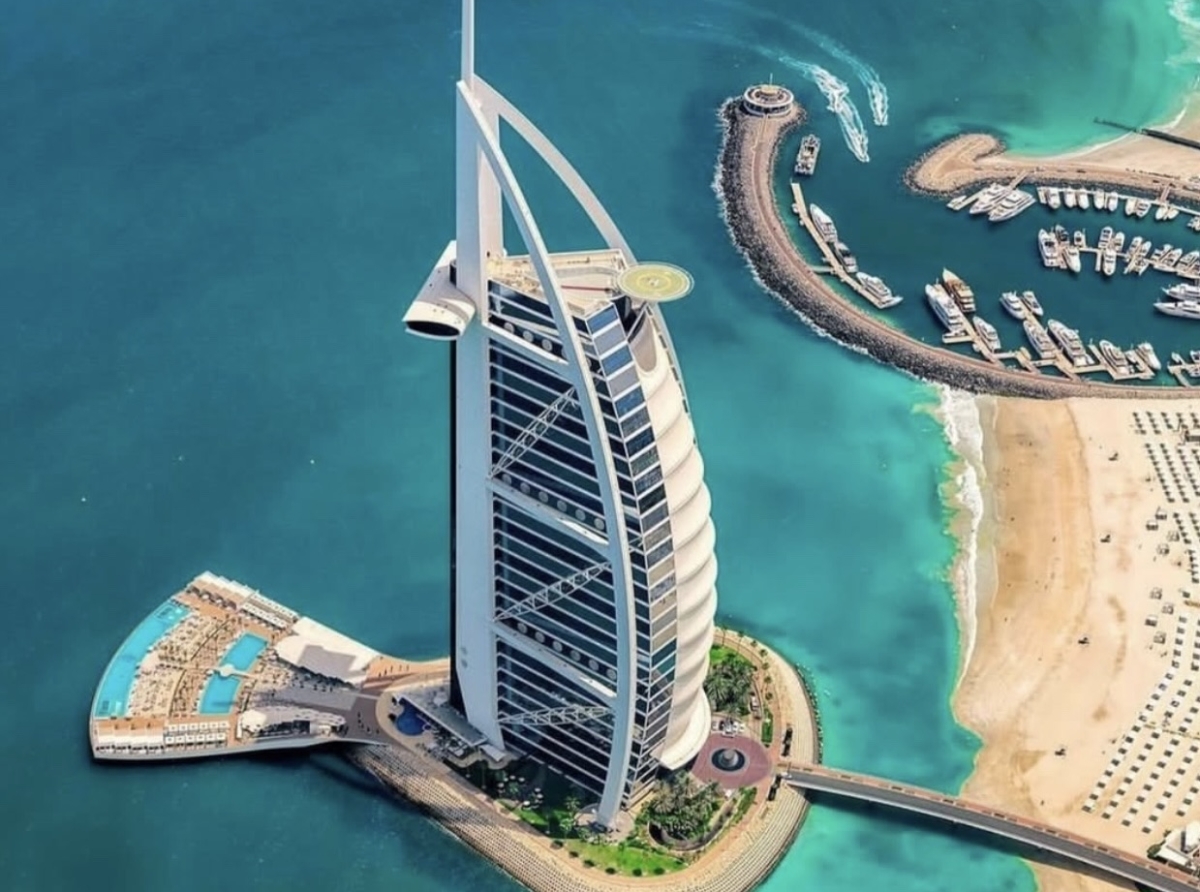Dubai’s Quiet Influence on the Modern Athlete
In the global economy of sport, attention often follows medals and score...
Feb 04, 2026

In Dubai, the act of dining has become a cultural crossroads, a vibrant tapestry woven from the flavors of the world. Once known primarily for its glittering skyline, the city has quietly emerged as a global culinary capital, where Bedouin traditions meet Michelin-starred innovation. In 2024, Dubai’s dining scene welcomed over 17 million visitors, according to the Dubai Department of Economy and Tourism, with restaurants like IDAM by Alain Ducasse and Zuma drawing food enthusiasts to a city that has redefined gastronomic ambition.
This culinary renaissance is no accident. The Dubai Economic Agenda D33, with its $22 billion commitment to economic diversification, has fueled investments in hospitality, positioning the city as a rival to London and New York. The Michelin Guide, which debuted in Dubai in 2022, awarded stars to 17 restaurants by 2024, celebrating venues like Trèsind Studio, where Indian cuisine is elevated to an art form, and Ossiano, an underwater dining experience at Atlantis The Palm. Beyond fine dining, the city’s food markets, such as the Ripe Market in Dubai Police Academy Park, showcase local Emirati dishes like harees and luqaimat alongside global street food, reflecting a cosmopolitan ethos.
Technology amplifies this culinary ascent. The Telecommunications and Digital Government Regulatory Authority (TDRA) supports smart hospitality systems, enabling apps like Zomato to integrate AI-driven recommendations, guiding diners to hidden gems in Deira’s spice souks or Jumeirah’s beachfront bistros. In 2023, the Dubai Food Festival attracted 300,000 attendees, per official tourism reports, celebrating everything from Emirati coffee rituals to fusion cuisines that blend Japanese and Middle Eastern flavors.
Yet, this culinary boom faces challenges. The city’s desert climate strains local agriculture, pushing reliance on imports, though initiatives like the UAE’s Food Tech Valley, launched in 2021, aim to boost sustainable farming with vertical gardens and hydroponics. As Dubai’s restaurants compete globally, they must also preserve the authenticity of Emirati cuisine, ensuring dishes like machboos remain as celebrated as international fare.
Dubai’s dining scene is a microcosm of its ambition: a city that invites the world to its table while honoring its roots. As it plates up innovation, Dubai must balance global allure with local heritage, ensuring its culinary renaissance endures. For now, every bite in this city tells a story of a culture unafraid to blend tradition with reinvention.
Photo credits: Dubai Instagram.
Disclosure: Dubai Voice enhances the editing process with the help of carefully selected AI tools. These tools provide valuable support without taking over the editing process completely, ensuring that the final product is the result of human creativity and expertise augmented by the benefits of enhanced technology. This article is protected under the copyright of Dubai Voice. Unauthorized reprinting, republishing, or rewriting of this content is strictly prohibited without explicit permission from Dubai Voice. Quotations from this material are permissible provided that a direct link to the full article on Dubai Voice is included.